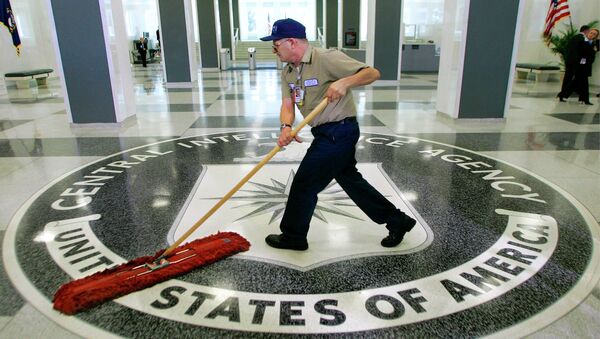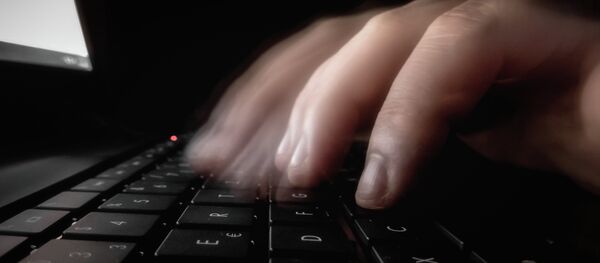Some officials in Washington have blamed the Chinese government for the hack of the US Office of Personnel Management (OPM) in June, but have failed to produce any evidence to support that claim.
Officials told the Washington Post that because the OPM records contained the background checks of State Department employees, the Chinese could have compared those records with the list of embassy personnel. Anybody not on that list could be a CIA officer.
The agency's move was meant to safeguard officers whose agency affiliation might be discovered as a result of the hack, officials told the newspaper.
The report comes as senior defense and intelligence officials on Tuesday explained to lawmakers how the United States deters cybertheft by foreign governments.
Director of National Intelligence James Clapper, testifying before the Senate Armed Services Committee, said the OPM breach was not a cyber attack, but a case of cyber espionage, which the United States also practices.
"We, too, practice cyberespionage and… we're not bad at it," he said, suggesting that the United States should not punish another country for something its own intelligence services do. "I think it's a good idea to at least think about the old saw about people who live in glass houses shouldn't throw rocks."
Clapper's remarks drew a sharp response from Senator John McCain, the committee's chairman.
"So it's okay for them to steal our secrets that are most important because we live in a glass house? That is astounding."
Clapper responded: "I'm just saying that both nations engage in this."
Last month, President Barack Obama warned China that it could face sanctions for the alleged cybertheft. He also said that further state-sponsored espionage could be considered an "act of aggression" that Washington would not tolerate.
On Tuesday, in response to a question about how the US would respond to another cybertheft by the Chinese, Deputy Defense Secretary Robert Work said he could possibly recommend sanctions, retaliation or both.




